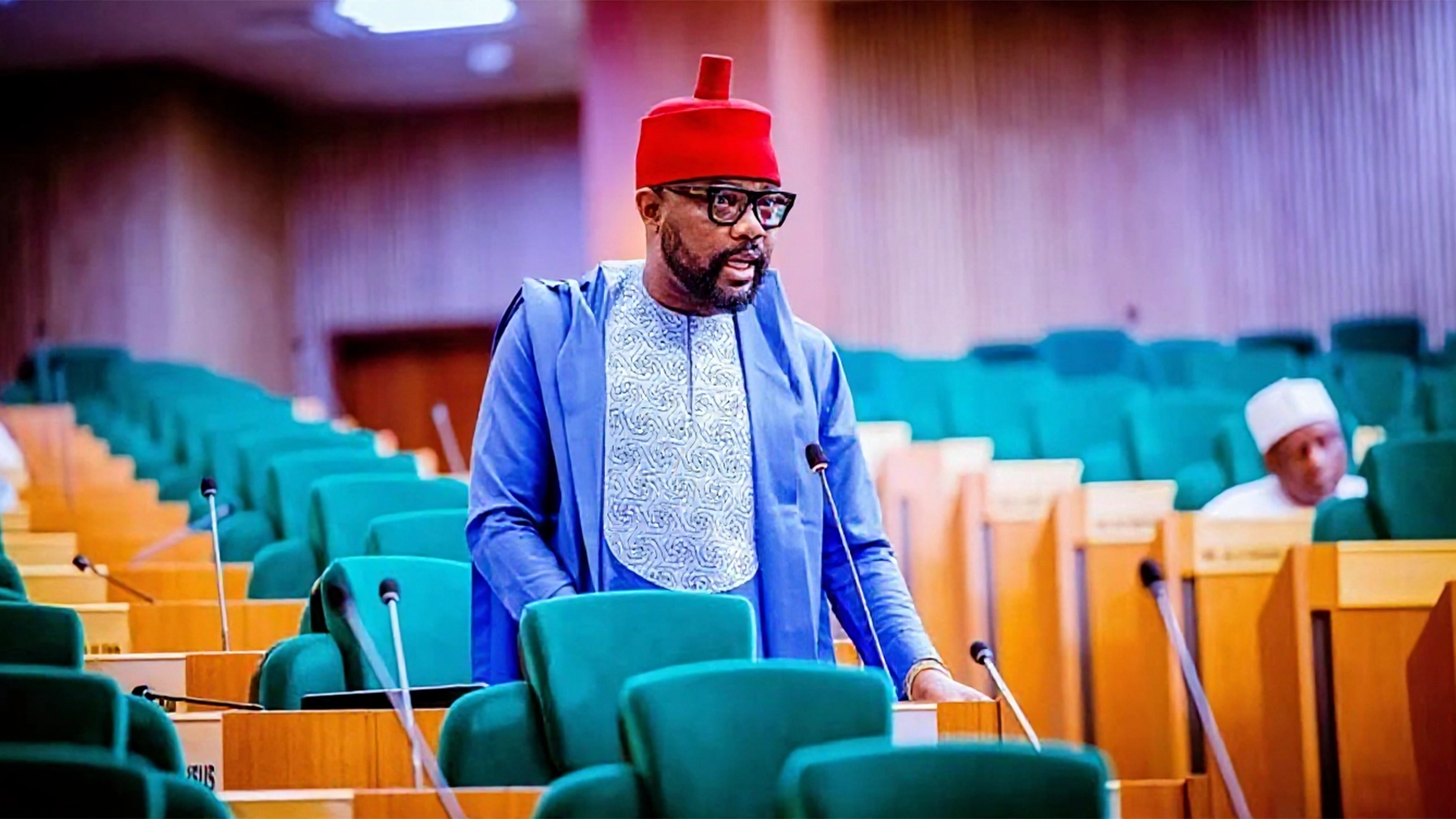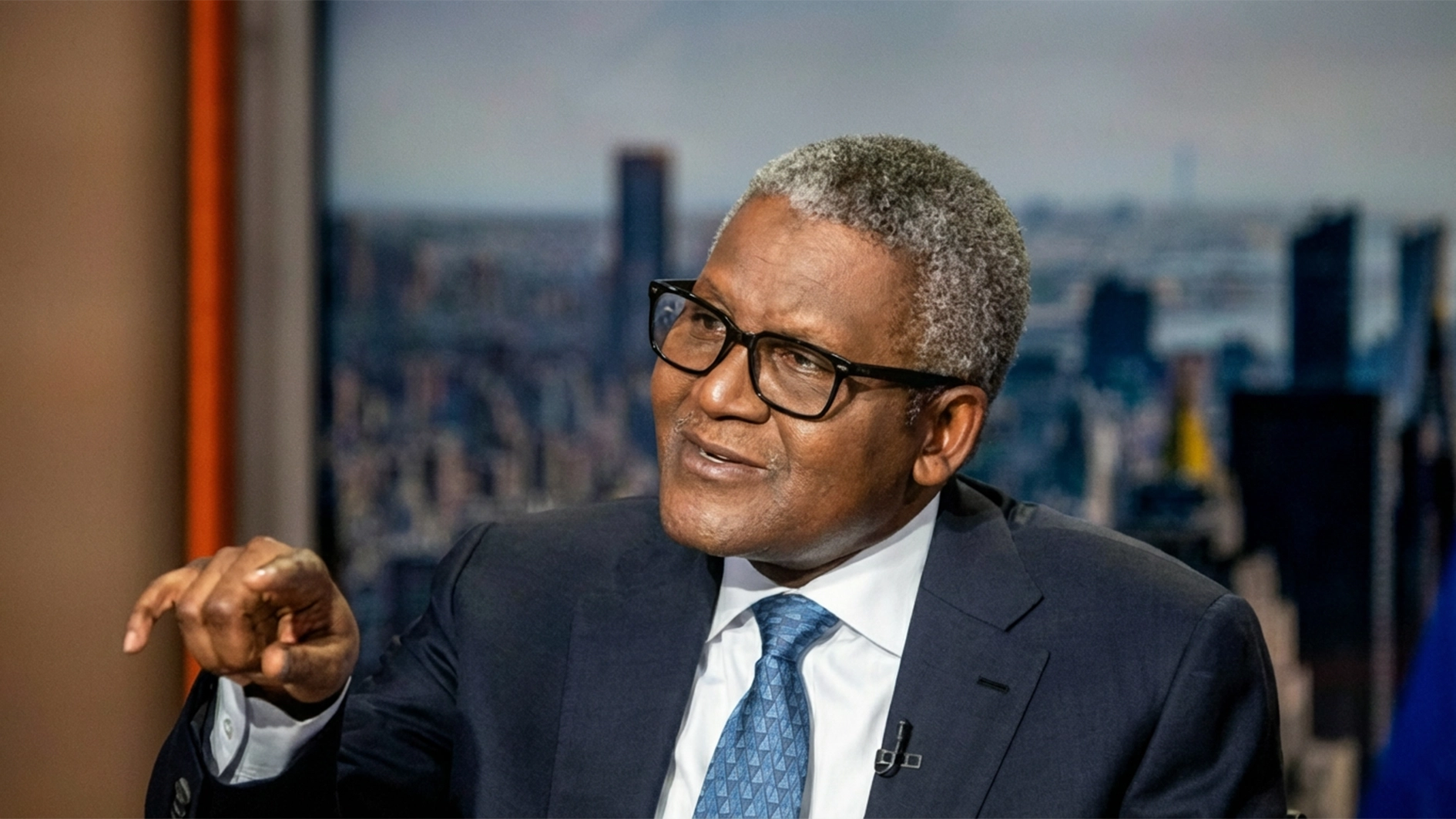• Reaffirms SDG commitment
Nigeria has officially endorsed a private sector-led approach to overhauling its food systems, ahead of the Second United Nations Food Systems Summit Stocktake (UNFSS+4) scheduled for July 27 to 29 in Addis Ababa, Ethiopia.
Vice President Kashim Shettima, who conveyed the country’s position at a briefing yesterday at the Presidential Villa, Abuja, said the new direction was aimed at unlocking the full potential of agribusiness through market-driven reforms, innovation, and public-private partnerships.
He said the Federal Government was ready to provide the enabling environment, including policy support and affordable financing mechanisms, to empower private enterprises and agripreneurs to take the lead in transforming Nigeria’s food and agriculture sector.
Shettima outlined three core goals for Nigeria’s engagement at the Ethiopia-Italy co-hosted summit. They are to position Nigeria as a continental thought leader in food systems transformation; to align international partnerships with national development priorities; and to champion a scalable, private sector-led model that can drive food systems reform across Africa.
Earlier, the National Convener and Director of the Social Development Office at the Federal Ministry of Budget and Economic Planning, Dr Sanjo Faniran, highlighted Nigeria’s leadership during the 2023 stocktaking event in Rome, where Vice President Shettima chaired two key sessions.
He said the upcoming summit marks a critical milestone in Nigeria’s food systems journey.
ALSO, Nigeria has reaffirmed its commitment to the 2030 Agenda and the Sustainable Development Goals (SDGs) with the presentation of its Third Voluntary National Review (VNR) at the 2025 United Nations High-Level Political Forum (HLPF) on Sustainable Development in New York.
Leading the Nigerian delegation, the Senior Special Assistant to the President on SDGs, Princess Adejoke Orelope-Adefulire, reiterated Nigeria’s commitment to advancing the global goals, despite persistent global and domestic challenges.
The 2025 VNR, Nigeria’s third since it began voluntary reporting in 2017, highlights a strong focus on accountability, data-driven policymaking, and inclusive development.
It reflects a whole-of-government and whole-of-society approach, with broad-based consultations across the six geopolitical zones, as well as targeted engagements with youth, children, and persons with disabilities.
In a statement issued yesterday, the Special Assistant on Media, Publicity and Strategic Communication to the SSAP-SDGs, Desmond Utomwen, explained that the 2025 Review focuses on five priority goals, namely Good Health and Well-being, Gender Equality, Decent Work and Economic Growth, Life Below Water, and Partnerships for the Goals.
Based on 52 SDG performance indicators, the report presents a mixed outcome: 34.6 per cent of indicators showed improvement, 30.8per cent stagnated, while 34.6 per cent regressed.






